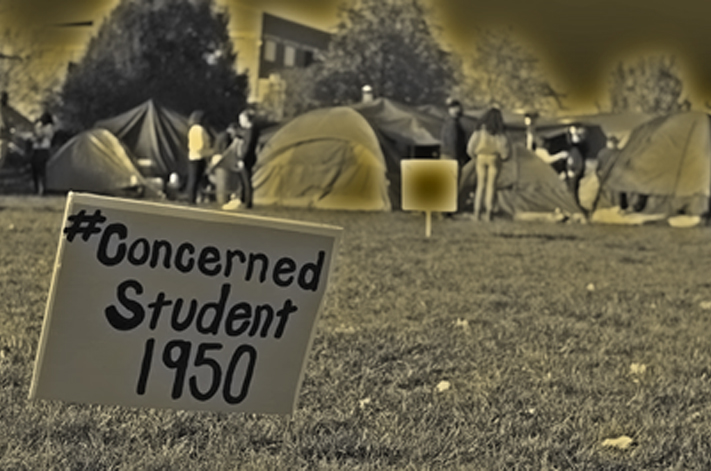Project Description
'The idea of being a “perfect color” is a product of colorism.'
I’ve been told that I’m the ‘good’ kind of Latino because of my skin color
What exactly does being a light-skinned Latina mean for me? It means that all at once, I am just dark enough, too dark or not dark enough at all. It means that I’m the color white people want to be, but white people don’t actually want to be me.
In college, a white classmate once touched my arm and said that she loved my tan. “How did you get like this in the middle of December?” she asked. “You’re the perfect color!” I guess I was supposed to feel honored. In that moment, however, I stopped being me. I wasn’t my abuelita’s mosca or my father’s melangango. I wasn’t a writer or a first-generation college student. I was just a nice tan. I may as well have been a chemically constructed liquid, something she could purchase in a bottle or spray on herself at the beach.
The idea of being a “perfect color” is a product of colorism. Colorism favors people with lighter skin tones and violently dismisses those with darker ones. My sister’s Venezuelan classmate once told her that he didn’t speak to black or indigenous people because they were darker than he was and thus, beneath him. I’ve been told that I’m the “good” kind of Latino – that I don’t look like those “sketchy Dominican girls,” or “those Indian-looking El Salvadorans with the wide noses.” My “perfect color” means I won’t be followed around a store. You know what? If I dress a certain way – put on some boat shoes, a polo, maybe some pearl earrings – I could maybe even cross over into the land of whiteness. I could get a seat in a cafe there. Listen to Tame Impala.
Just kidding – I’m still too dark for the Land of Whiteness. I’ll never be white. Sometimes I’m too dark. My family will tell me to put on some more sunscreen when we’re at the beach. I will be asked if I can spell or speak English. A white customer at the bookstore I work in will demand that I stop touching my hair because it’s “disgusting.”
And then, I can also be not dark enough – there are white people who brag about being able to get darker than me. They’ll hold their arms up to mine and say that they get spoken to in Spanish because they look even more like me than me. To them, my identity is something so fluid they could drink it. Buy it over the counter. Take it like a vitamin.
Isabel Quintero’s young adult novel Gabi: A Girl in Pieces centers around a young, light-skinned Mexican-American girl. Writing about Mexican Independence day, Gabi feels a lot of anxiety about how “Mexican” she appears. She says: “People look at Sandra’s long brown hair, dark brown eyes and skin, and they think, how exotic, how perfectly Mexican.” She goes on to say: “My skin is there for all the world to see and judge at … White girl. Gringa. I’ve been called all those names. Skin that doesn’t make me Mexican enough.” Like Gabi, I feel I need to prove my identity all the time.
I explain my race and break it down into bite-sized pieces for white people, the same way I give directions to tourists to the train. I dissect it, minimize it, make an easy-to-digest travel brochure for my identity. These consistent explanations, this never-ending need to prove myself only reinforces the racism that constructs the idea of “a perfect color.”
In the same way white people ask how I became this “perfect” color, they also ask what I am and where I’m really from. Growing up in a predominantly white town, my brownness was something my peers were always trying to conceptualize for me. I remember welcoming comparisons to caramel, spices, Eva Mendes. It gave me a place, a name. Helped me understand who and how I am and why I look this way.
I don’t have an answer for how I became a certain color or where I’m really from. Colonialism made sure that I would never understand my history. I’m this color because of a history that decided white was the most beautiful; because of destroyed indigenous temples I’ve never heard of; the rape and slaughter of my ancestors that was ripped out of history books; the brujas and the brown hands that loved too hard to die and survived the destruction. I am this color because of love and because of rage and the undefinable colors that exist between them.
Melissa Lozada-Oliva is nationally recognized spoken word poet and bookseller living in Boston. She has previously appeared on Electric Cereal and Button Poetry.
This piece was reprinted by EmpathyEducates with permission or license. We thank the Author, Melissa Lozada-Oliva for her kindness and for inviting us to look at our “perceptions” and how these affect what we do not see. We also wish to express our appreciation for The Guardian for being an enduring source of inspiring information and ideas.










